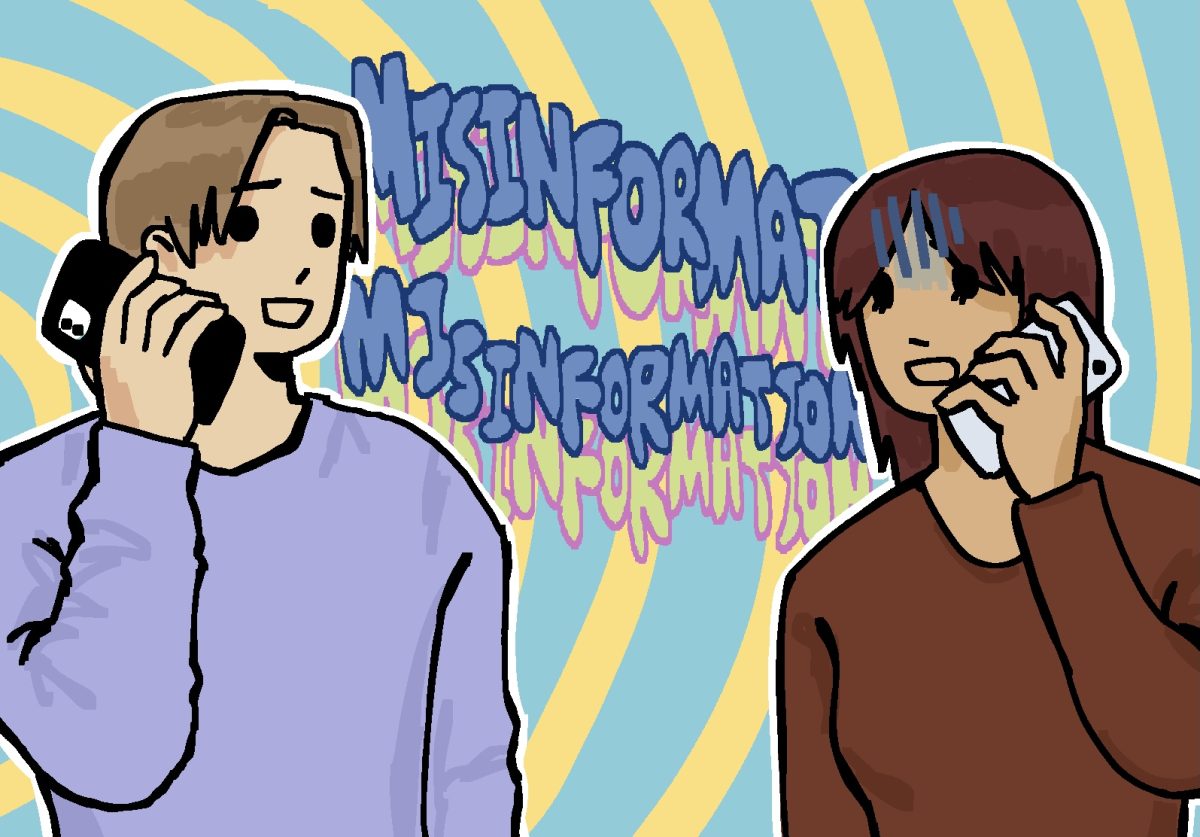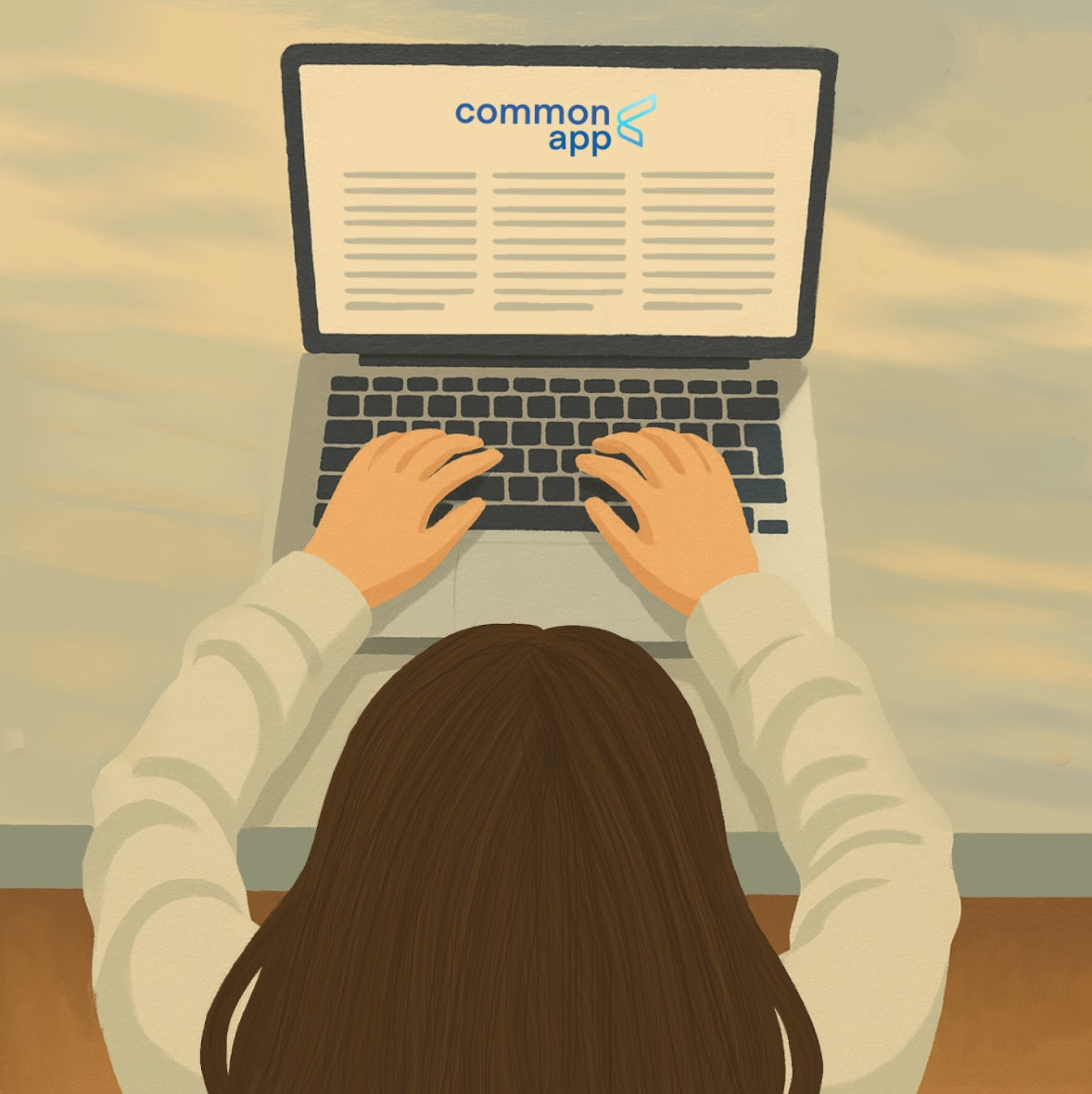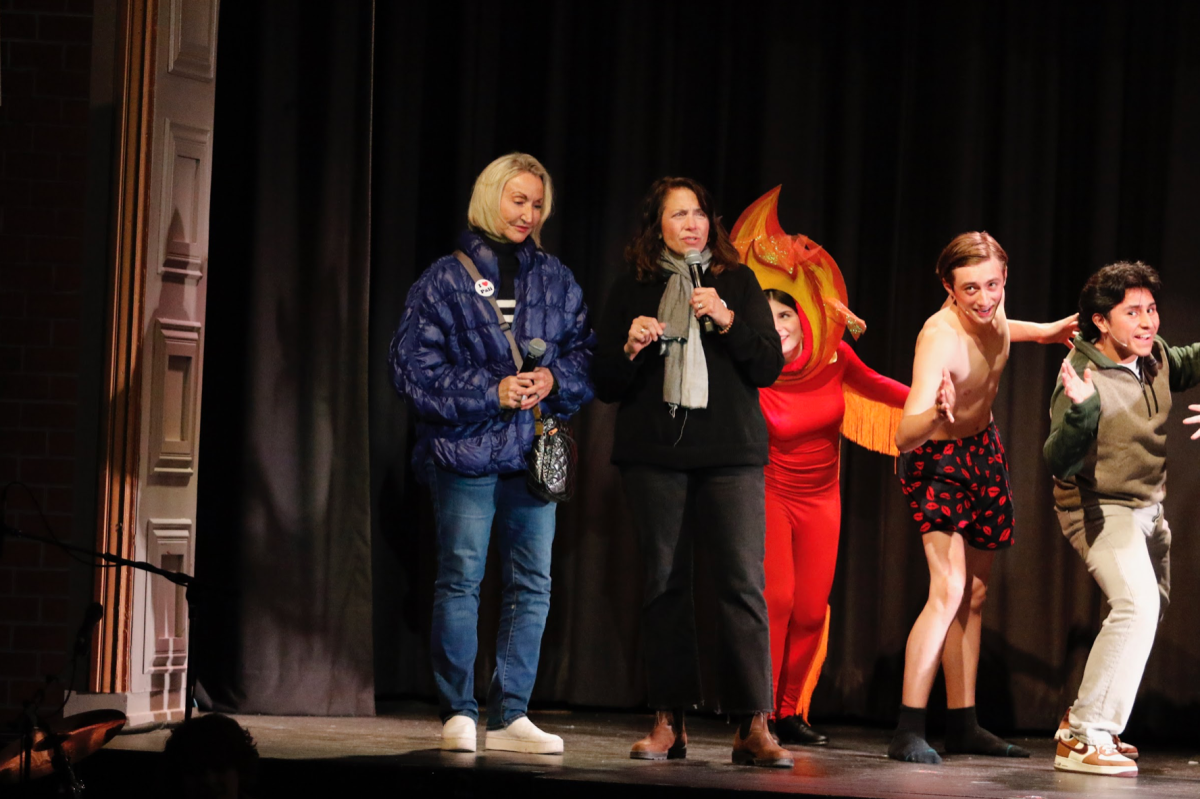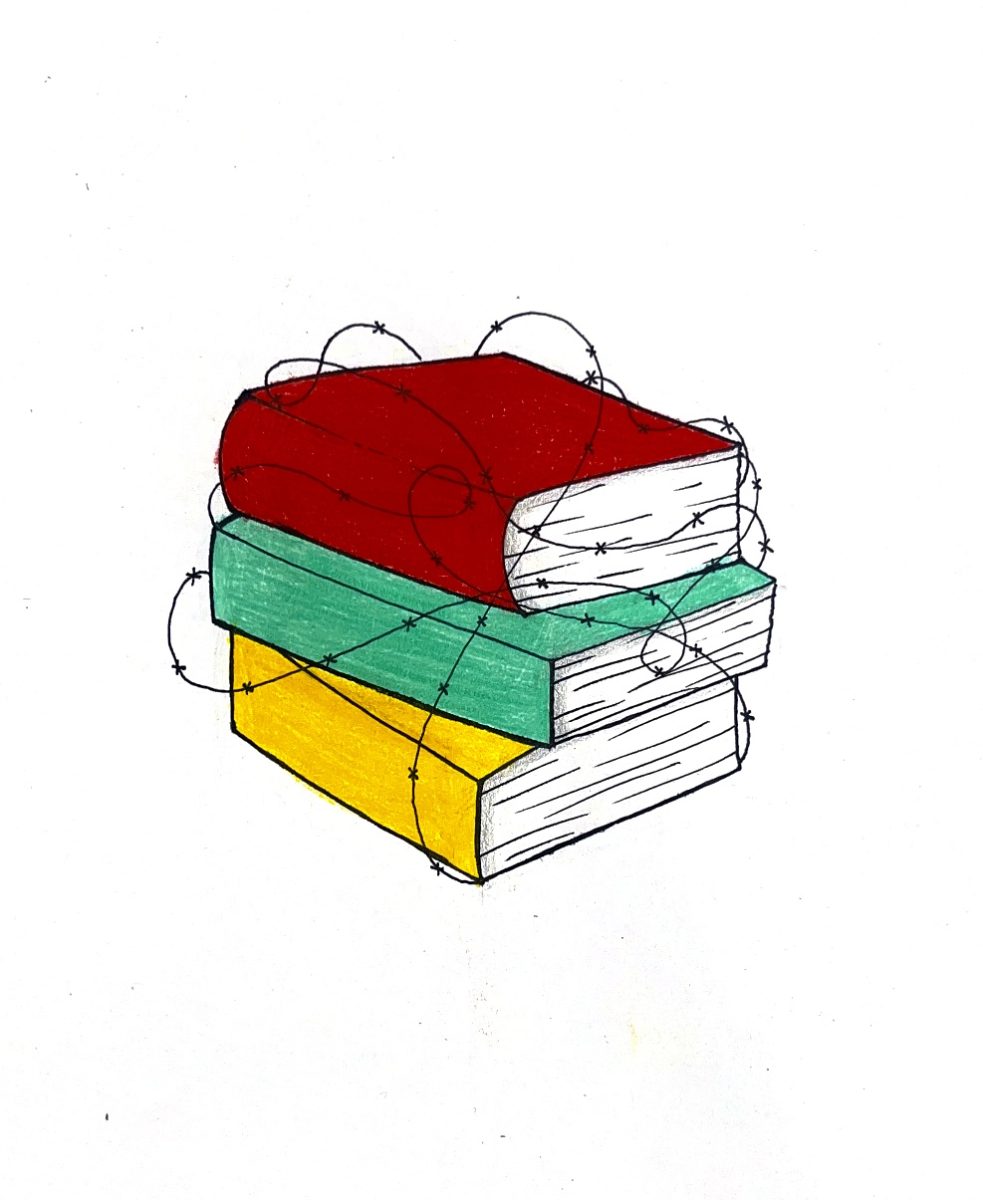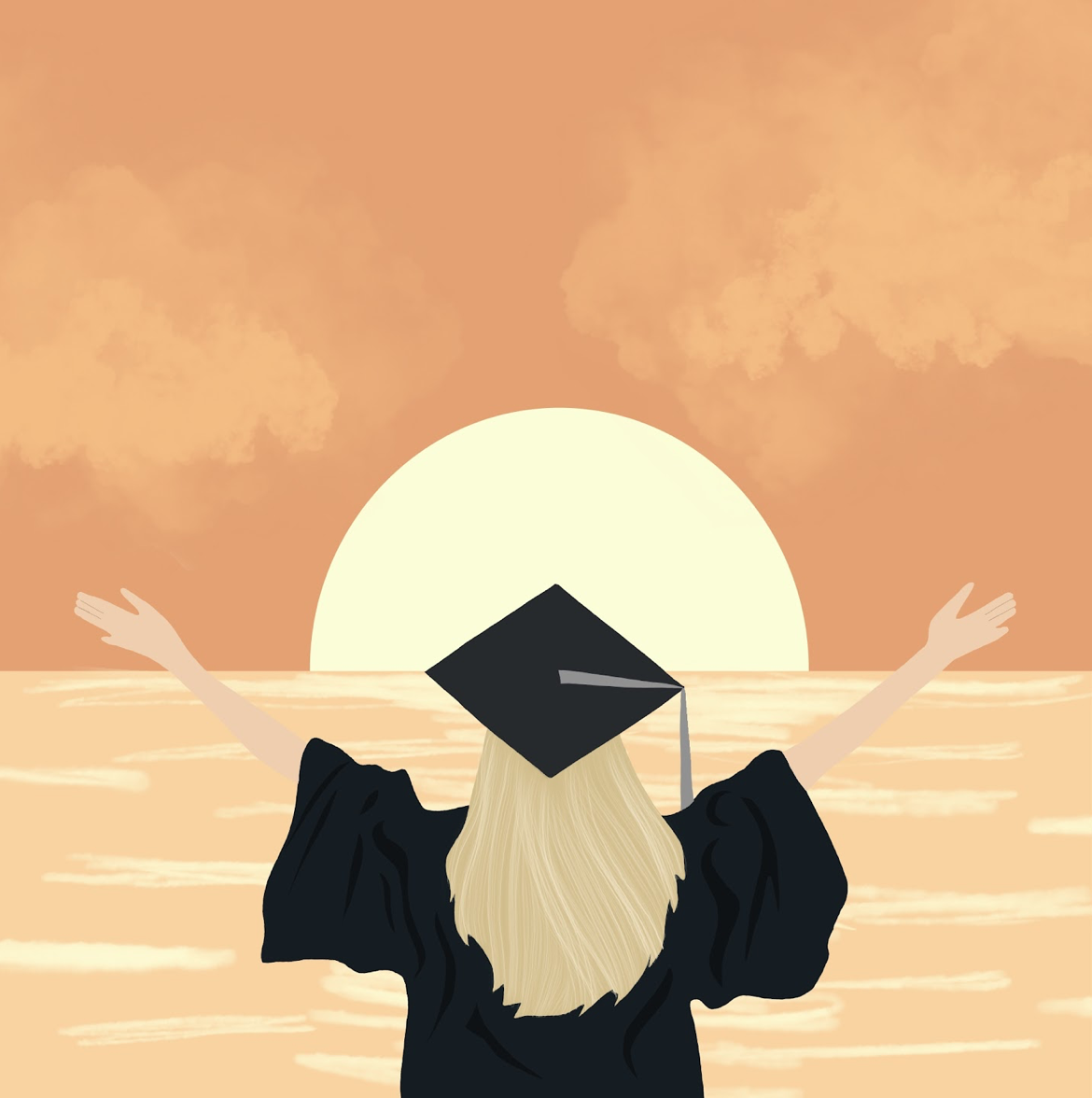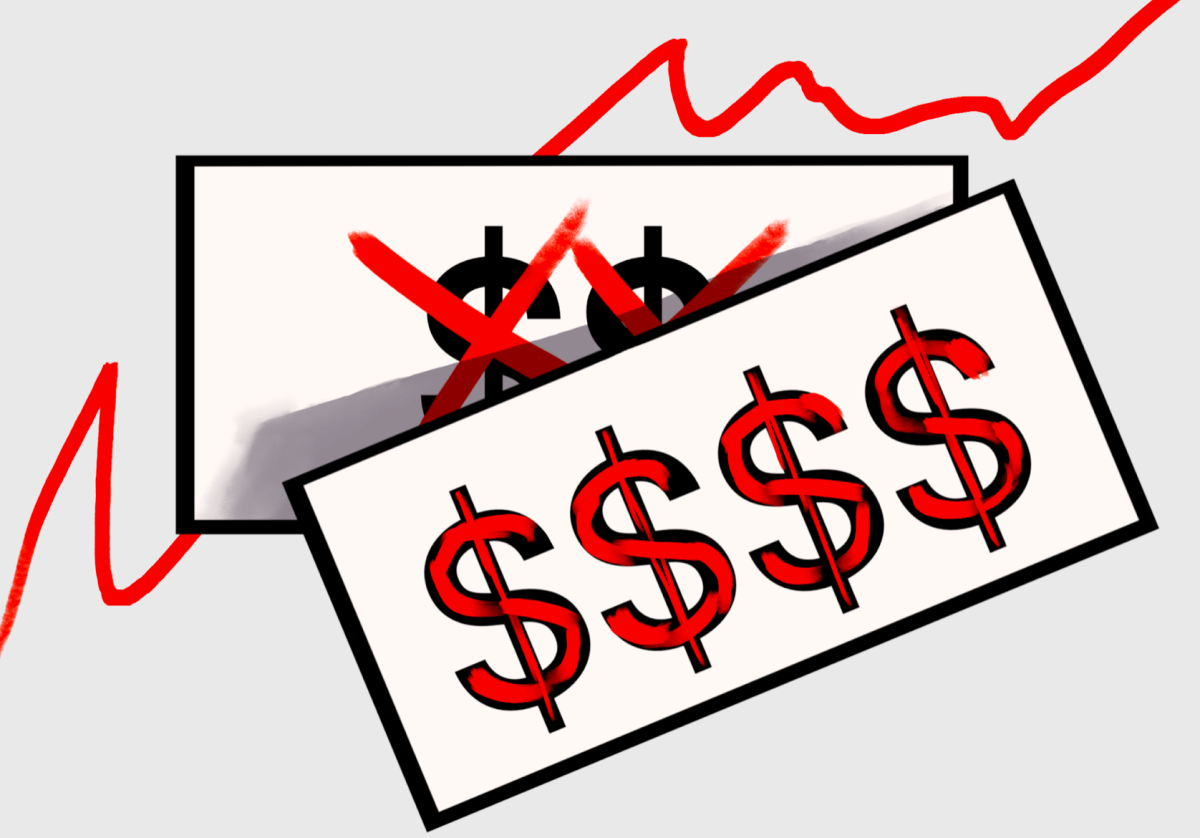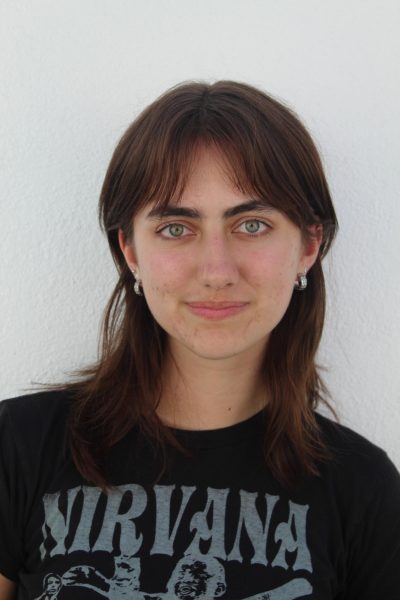With the rise of miniature supercomputers in the pockets of virtually every Internet user, information can be delivered across the world in an instant. Now, a slew of people, including teenagers, are directly exposed and connected to current events. That connection, fueled by the technology available to them, has impassioned Pali students to speak up, spurring climate strikes, demonstrations for gun violence prevention and clubs devoted to helping solve social crises.
But amidst this rise in social awareness, it is increasingly difficult to filter misinformation, disinformation and vastly differing agendas on the Internet. While misinformation describes the spread of inaccurate information, disinformation implies deliberate deception. It is the difference between simple misconceptions and bias versus premeditated propaganda.
Many in the Pali community said they have concerns regarding beliefs and assertions driven by falsehoods, including Pali senior Clementine Causse, co-president of Pali’s chapter of Human Rights Watch (HRW). HRW is an international non-governmental organization centered on human rights advocacy. In October 2023, Causse consulted with HRW workers to plan a lunch meeting for students at Pali about current events and their relation to human rights.
“A lot of people are reading things on social media, and I thought it would be a good idea to talk about the importance of making sure [students] are getting [their] information from reliable sources,” Causse said.
HRW members advised students to be critical of bias and seek a well-rounded understanding of information from a variety of sources to avoid echo chambers. They also emphasized the importance of seeking news outside of social media and being wary of misinformation on those platforms.
She proposed guideline questions when analyzing a source’s credibility: “Are stereotypes or generalizations about a specific group being used? Does the information align with the facts backed by science or reliable sources? Does the author have expertise?”
Steve Engelmann, Pali’s Advanced Placement Environmental Science teacher, promotes the concept of the “Baloney Detection Kit” to decipher reliable sources. This is a set of strategies coined by Carl Sagan, an American astronomer, originally intended to advise scientists on avoiding deceptions. Now, Engelmann teaches it to all of his classes.
“It’s just being conscious and aware,” Engelmann explained. “What are the sources? If something’s weird, double check with go-to reliable websites, papers or even people you know.”
Through social media, ordinary people are able to document and disseminate real time events for the world to see, though there are growing fears that these channels also provide an avenue for increased bias and propaganda. Causse detailed her personal experience with misinformation and disinformation surrounding climate activism.
“As someone that has been in the climate movement for several years now, I’ll see things [in media] about climate change that are not at all true, but it spreads around so quickly, it’s scary,” she said. “For example, you have these huge industries and oil drilling companies that will push out misinformation about climate change so that they’re able to continue running.”
According to an article from the National Institute of Health (NIH), reliance on information from social media is of national concern. The article found that the rapid and constant spread of information online makes it difficult for professional journalists, let alone the public, to track original sources to ensure accuracy before repeating claims. Additionally, the demand for immediate coverage created by social media has led many news agencies to skip verification altogether.
“A lot of people go on the Internet, they see something and they just trust that,” Engelmann said. “But news agencies have new competitors and often can’t afford the same staff and fact-checking, and then there’s also everything perpetuated online that makes this dangerous.”
Causse also said she worries about increased extremism with modern media developments.
“I was really afraid that there was going to be more division because I feel the media definitely does that,” Causse said. “It shows you one side and one side only.”
Causse’s concern echoes a concept defined by the NIH article as group polarization: When a group engages in discussion, their outlooks on a given subject tend to become more extreme than they originally were. Because of calculated algorithms on social media platforms, people holding compatible beliefs are consistently in each others’ feeds. This poses the possibility of reinforcing and intensifying misinformation and strengthening the public’s beliefs in fallacies, the article attested.
In 2020, Engelmann said he had an online encounter with an old friend who adamantly believed that masks are a violation of individual rights and don’t work. After Engelmann chose to dispute this idea on social media, he said he was met with an extreme response by anti-maskers.
“I think the pandemic showed us a lot,” Engelmann said. “People [are] not trusting the major consensus of medical professionals, talking unfoundedly about COVID, about climate [and] about politics, which can be dangerous.”
Causse and Engelmann described the ease of spreading and consuming false information on social media, though Engelmann said that the public’s susceptibility goes deeper than that.
“We all have our own biases, [and] we will promote certain things that align with them, not thinking about where it may come from,” Engelmann said. “I also think we’re wired to believe in these wild stories, whether it’s entertaining or even shocking.”
Causse reiterated that the only way to avoid falling victim to misinformation is to find, trust and promote reliable sources. She emphasized the HRW website as a place to start looking.
“They’re constantly updating their information, and they’re incredibly reliable,” Causse said. “They have researchers go to the site of conflicts, report on the facts of issues and have it checked over and over.”
Causse and Engelmann represent a growing local and global conviction that learning to actively filter media consumption and find reliable sources is vital in the current Internet age.
Engelmann advised, “Understand what it is being consumed. Learn how to fact check. Even if it agrees with a worldview, always be skeptical.”


